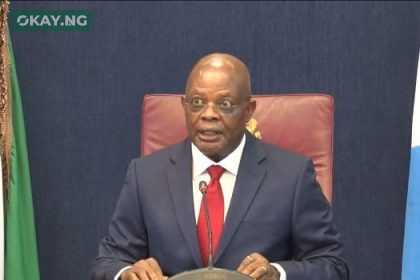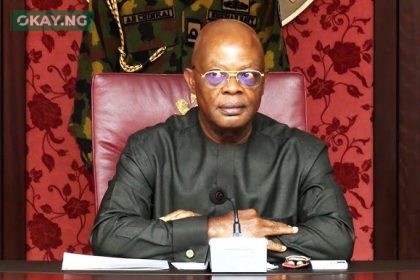Nigeria’s recent foreign exchange (FX) reforms are beginning to show tangible effects, with increased stability in the naira and a significant rise in official reserves. For many Nigerians, this translates to reduced volatility in prices and improved confidence in the economy. The Central Bank of Nigeria’s (CBN) initiatives, including the introduction of an electronic FX matching platform and a new FX code, are central to these improvements.
After a turbulent period that saw the naira depreciate by 40% in 2024, the CBN’s efforts to formalize FX activity are yielding positive results. “Greater formalisation of FX activity… has led to a greater rise in FX liquidity and general stability in the FX market,” Fitch Ratings reported. This stability is crucial for businesses that rely on imports, as it reduces uncertainty and allows for better planning.
The increase in net official FX inflows, rising by approximately 89% in the fourth quarter of 2024, compared to an 8% rise in the same period in 2023, is a testament to the effectiveness of these reforms. For everyday citizens, this can mean more stable prices for essential goods and services, as the cost of imports becomes more predictable.
Read Also: Foreign Reserves Surge to Three-Year High, CBN Reports
“Net official FX inflows through the CBN and autonomous sources rose by about 89% in 4Q24,” highlighting the success of the new policies.
However, while reserves have improved, reaching USD41 billion at the end of 2024 before declining to USD38 billion, the composition of these reserves remains a point of interest. “There is a lack of detail on the composition of reserves,” noted Fitch, adding that approximately 14% of gross reserves comprise FX swaps with local banks.
The impact of these reforms extends beyond currency stability. The anticipated increase in Nigeria’s oil refining capacity, with the Dangote refinery reaching 0.65 mbpd capacity by the second quarter of 2025, is expected to reduce the country’s reliance on imported petroleum products. This development could lead to lower fuel prices and reduced pressure on the naira.
The stabilization of the naira and the increase in FX reserves are positive signs for Nigeria’s economy. However, sustained efforts are needed to maintain this momentum and address remaining challenges, such as the composition of reserves and the need for continued fiscal discipline.












